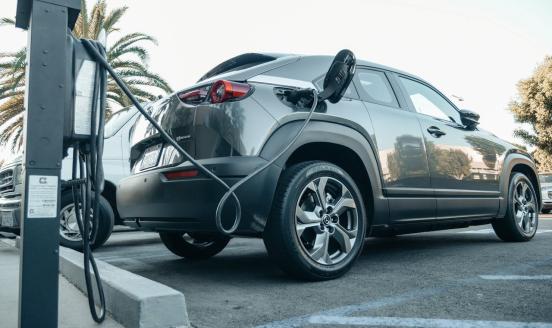Going local: empowering cities to lead EU decarbonisation
Decarbonisation and digitalisation are reshaping the European energy system, which will become more decentralised and interconnected with other sector

Four trends are reshaping the European energy system: decarbonisation, digitalisation and, as a result of the two, decentralisation and convergence.
Based on strong public policies, decarbonisation is reshuffling the European energy mix, while innovation in digital technologies is enabling disruptive change in the way energy systems are operated. This enables the European energy system to become more decentralised with increasing interaction between services (electricity, heat, transport, data) that used to be largely separate.
In this new context, cities are the key arenas of decarbonisation. However, European Union (EU) energy and climate governance is based on top-down policies that are not complemented by a solid bottom-up system that ensures consistency of EU, national and local measures and incentivises decarbonisation at city level.
This Policy Contribution proposes better integration of top-down energy and climate policy mechanisms with new bottom-up incentives that aim to promote decarbonisation at city level. This mechanism can be set up in four steps.
- Step 1: understand a city’s carbon footprint and create a baseline scenario. A participating city should start by carrying out an emissions inventory that would quantify the amount of greenhouse gases emitted from energy consumption on its territory during a specific year. This should identify the principal sources of emissions and therefore enable prioritisation of reduction measures.
- Step 2: understand a city’s carbon handprint and create a reference scenario. With an emissions inventory in place, each city can identify the areas of its economy with the greatest decarbonisation potential, and can prioritise its decarbonisation policies accordingly.
- Step 3: create a city Climate Plan. The baseline and reference scenarios would form the basis of comprehensive city Climate Plans. To ensure consistency of national and municipal policies, Climate Plans could be developed as a sub-component of member state National Energy and Climate Plans.
- Step 4: track progress and allocate financial support. City progress reports on decarbonisation should be used by the EU to determine the eligibility of local governments for EU grants. Grants would be key to the success of this scheme. If EU money is given to a city to implement a project listed in its Climate Plan, it should be paid in in biennial tranches, conditional on positive progress reports.
A grant-based system would give the EU some control over the effective implementation of cities’ decarbonisation projects. EU countries could use city progress reports to provide fiscal incentives to cities that implement in practice their Climate Plans. This premium system would make economic sense for member states considering that the better cities perform in terms of decarbonisation, the easier it will be to achieve national decarbonisation targets.



